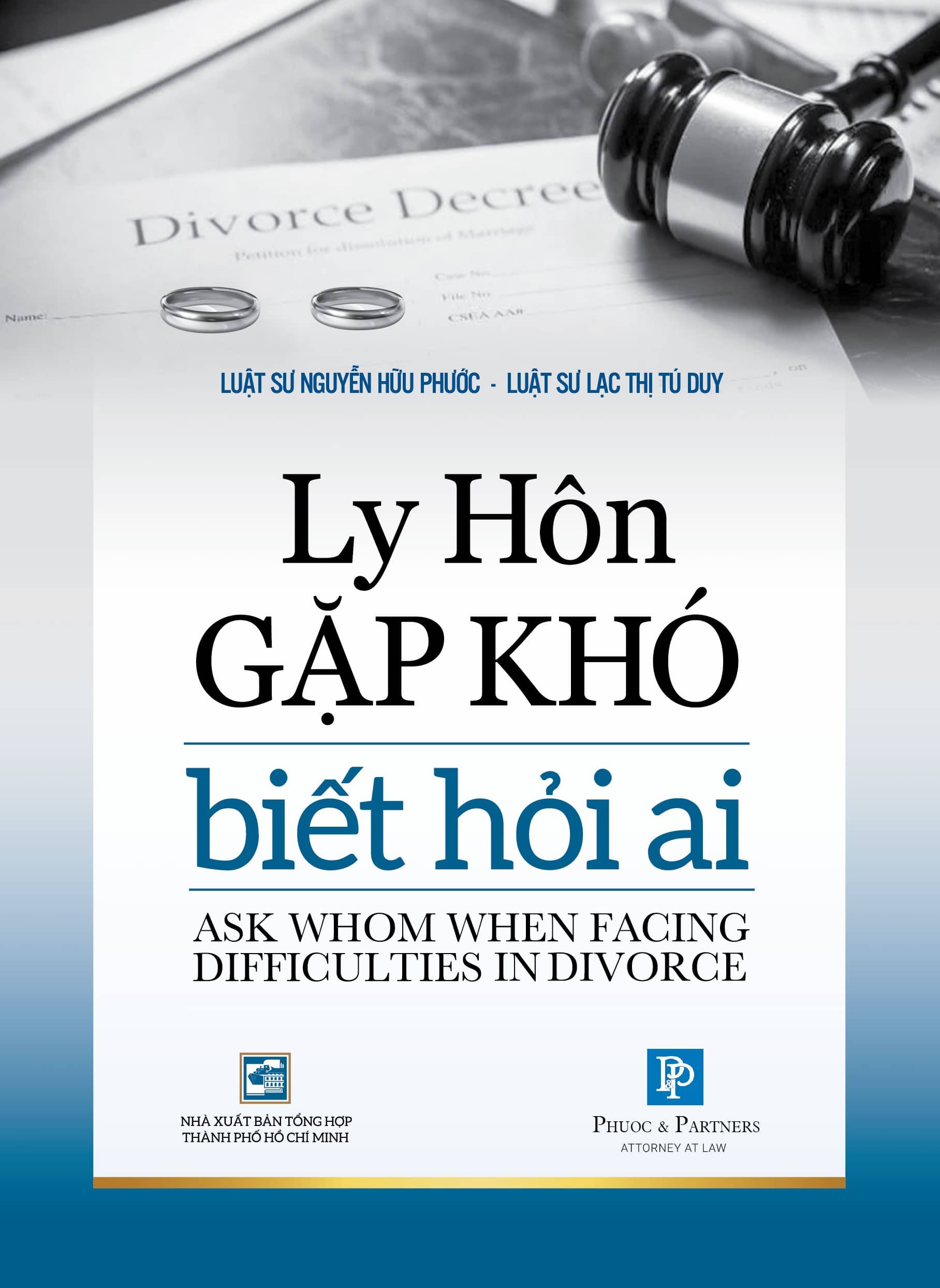In essence, divorce by mutual consent means that the spouses agree to divorce and sign the petition to the Court to approve divorce by mutual consent. If the spouses have reached an agreement on common property division; assignment of children care and nurture; and simultaneously guarantee the legitimate rights of the wife and the children, the Court will recognise divorce by mutual consent[2]. Thus, in order to be recognised by the Court, besides the “truly voluntary” nature of the spouses to divorce, the content of divorce by mutual consent must also meet the above conditions.
In fact, there are many cases where both the spouses agree to divorce but the Court still does not approve such divorce by mutual consent. In particular, when any of the following circumstances occur:
For the first case, when viewing that the marriage life of litigants has not really fallen into a serious situation and there is an opportunity for the spouses to heal and continue the married life, the Court shall not approve divorce by mutual consent. This can be considered as the result of successful conciliation at the mediation stage – the stage that a Judge must perform in all divorce cases. The Court’s assessment will base on issues related to the relationship of the spouses as well as the current marital status of the litigants, specifically as follows[4]:
- Is there a violent act from the husband, and endurance of the wife, or vice versa;
- During the marriage time, did each spouse receive attention and care from the other;
- Did both spouses take responsibilities for their own liabilities and duties, respecting each other to show faith on each side; and
- Other assessments of the Court that are related to the current status of litigants’ marriage life.
For the second case, the litigants cannot prove that their petition meets the conditions for the Court’s recognition on the divorce by mutual consent. Specifically, under Article 396.3 of the Civil Proceedings Code 2015, attached with the petition for the Court’s recognition on divorce by mutual consent, the litigants shall send the documents, evidence are legitimate grounds for the divorce by mutual consent, proving the existence of an agreement on child raising, and division of the properties after divorce. If the litigants cannot provide such documents, at the request of the Court, the Court shall refuse jurisdiction over their divorce case or issue a decision regarding non-recognition of the divorce by mutual consent, in case the petition has been accepted by the Court.
For the third case, when the Court finds out that the divorce is fraudulent [8] in order to shirk property obligations to the related third parties. For example, in cases where the wife of the husband borrows or owes from the third party, such debt can be a common obligation of the spouses in the marriage period; in order to shirk property obligations, the spouses entered into a fraudulent divorce, a fraudulent agreement on division, granting all properties to the other spouse who is not named in the loan contract. Otherwise, in case of violating the law on population, for example, in cases where a communist party member deliberately giving birth to the third and fourth child[9], he or she makes a sham divorce not to be disciplined, continue the position, etc. In these cases, in addition to the Court’s refusal to the petition for divorce, the litigants can also bear measures dealing with administrative sanction with a fine between VND10,000,000 and VND20,000,000[10].
The above are cases where, the
litigants despite formally, expressing their willingness to
voluntarily agree to divorce, have
still not had their divorce been recognised by the Court. Because in the process of
considering and recognition of the divorce by mutual consent, in addition to considering
the evidence on the papers and the wills of the spouses, the Court must consider the true nature of their agreements, as well as the correctness of divorce agreement. The divorce by mutual consent shall only been recognised upon
the fact that the two spouses are really willing to divorce and their agreements are
reached in good faith, not to shirk
any obligations to the State and third parties or not for
another purpose being contrary to the laws.
[2] Article 55 of the Law on Marriage and Family 2014 and Article 397.4 of the Civil Proceedings Code 2015.
[4] Section 1 of the Law on Marriage and Family 2014; the Law on Domestic Violence Prevention and Control; Article 8 of the Resolution No. 02/2000/NQ-HDTP.
[8] Article 3.15 of the Law on Marriage and Family 2014.
[9] The Regulation No. 102 102/QĐ/TW on Handling, discipline the Party member committing violations.
[10] Article 48.2 of the Decree No. 110/2013/ND-CP, as amended and supplemented by Article 1.35 of the Decree No. 67/2015/ND-CP.
If you would like more information on how we can assist you with divorce issues, please contact us at: +84 (28) 36223522 or email us at info@phuoc-partner.com

